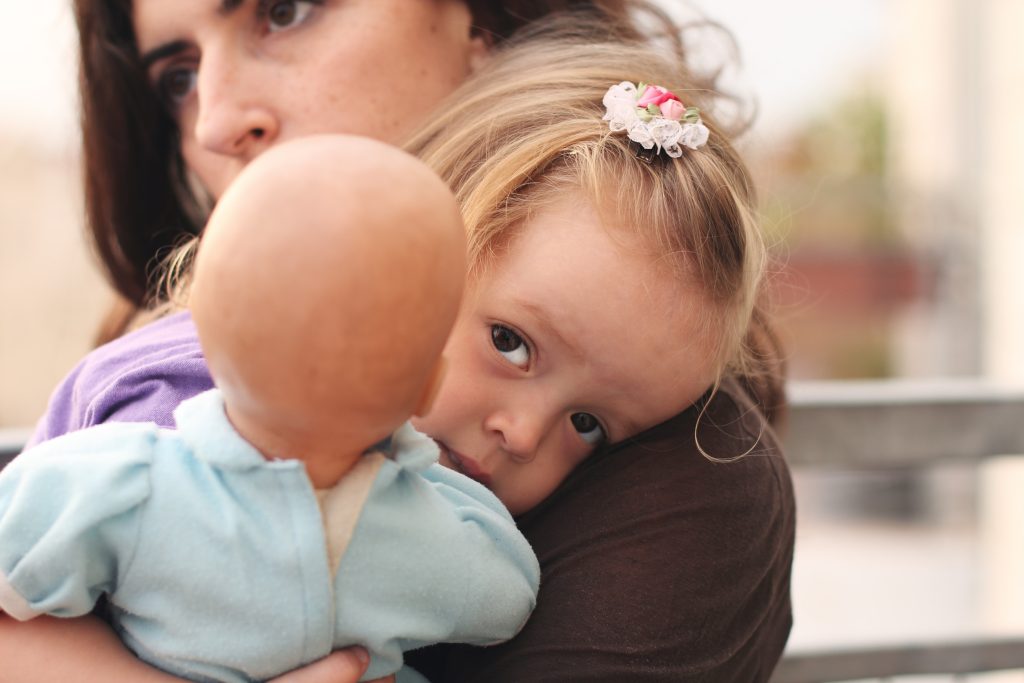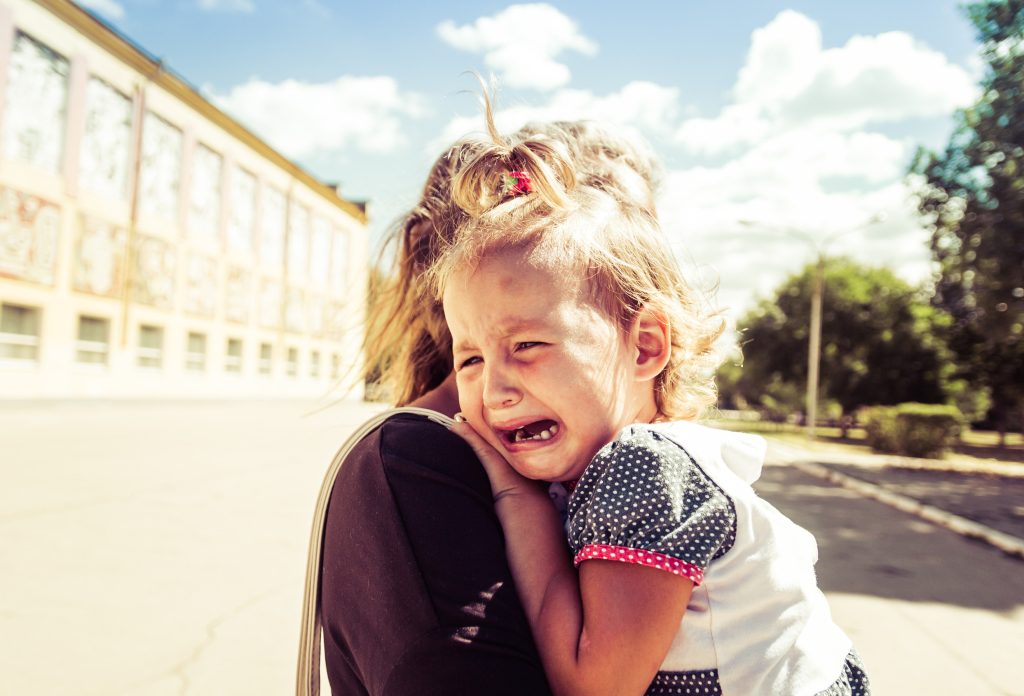
It starts with the best intentions. You want to keep your child safe, shield them from pain, and help them avoid mistakes. So you step in a little more, hover a little closer, and slowly start removing every obstacle from their path. But while it might feel like love in action, overprotection can quietly backfire. It doesn’t create safer, happier kids—it often creates anxious, unprepared ones.
The truth is, kids grow stronger by facing challenges, making decisions, and learning from small failures. When parents overprotect, they may keep their kids from discomfort in the short term, but unintentionally limit their confidence, resilience, and problem-solving abilities in the long run. It’s a tough pill to swallow, but recognizing these patterns can help you find the right balance between protection and growth. Here’s how overprotective parenting leads to losing the very things you’re trying to hold on to.
1. Overprotection Kills Confidence
When you constantly jump in to fix problems or make decisions, your child learns to doubt themselves. They may start to believe they cannot handle things independently. Even small tasks—like ordering food, talking to teachers, or resolving friend conflicts—can feel overwhelming without practice. Confidence is built through doing, not watching. If your child never gets the chance to try, fail, and try again, they won’t believe they can succeed.
2. Kids Miss Out on Real-World Skills
Sheltering kids from risk might keep them safe in the moment, but it leaves them unequipped for the realities of adulthood. Life comes with pressure, uncertainty, and sometimes rejection, and kids need to experience that in small doses to build grit. From managing money to dealing with setbacks, practical skills can’t be learned in a bubble. Overprotected kids may grow up smart but not streetwise. When parents do everything for them, kids don’t learn how to do it themselves.
3. Anxiety Increases, Not Decreases
It’s a surprising side effect: the more you try to eliminate your child’s stress, the more anxious they may become. That’s because they never develop a sense of mastery or the ability to regulate their own fears. If a parent always steps in when things get uncomfortable, the child starts to fear the discomfort itself. They learn to panic instead of problem-solve. Ironically, protection often robs kids of the coping tools they need most.
4. Independence Is Delayed
Every kid eventually needs to launch into the world—college, work, relationships. But overprotected children often struggle with this transition. They may feel lost without someone guiding every step or making choices for them. Independence isn’t a switch you flip when they turn 18. It’s a muscle that grows over time and needs to be exercised early and often to get strong.
5. It Strains the Parent-Child Relationship
At first, kids may appreciate the help. But as they get older, overprotection can feel like mistrust or even control. They may become resentful, rebellious, or withdrawn, feeling like their opinions don’t matter. A child who doesn’t feel trusted won’t feel truly respected. And that can damage the open, honest connection parents work so hard to build.
6. Mistakes Are Necessary for Growth
It’s hard to watch your child mess up, but it’s also essential. Every mistake holds a lesson, whether it’s a failed test, a lost game, or a bad friendship choice. Parents rushing in to prevent those lessons rob kids of growth opportunities. Mistakes teach responsibility, humility, and resilience. Without them, kids may fear failure so much that they stop taking risks altogether.
7. Overprotected Kids Struggle with Boundaries
If a child grows up with a parent managing every aspect of their life, they may struggle to set boundaries in the future. They’re used to others taking the lead, so they may say yes when they mean no or follow instead of lead. Teaching autonomy starts with allowing kids to make decisions—within reason—and supporting them, even when it’s not perfect. Healthy boundaries come from practice, not control.
8. Parents Burn Out, Too
Trying to anticipate every danger and solve every problem isn’t just exhausting—it’s unsustainable. Overprotective parents often feel overwhelmed, anxious, or guilty, especially when their efforts don’t “work” the way they hoped. Trying to do everything for your child leaves little energy for anything else. Letting go of some control helps kids grow and helps parents breathe again. You’re raising a future adult, not managing a project.
Growth Happens When You Let Go (A Little)
You don’t have to stop protecting your child; you just have to start protecting their potential. That means allowing them to stumble, trusting them to problem-solve, and believing in their ability to rise. The goal isn’t to keep them from every hard thing. It’s to help them become strong enough to handle it. When you step back, you’re not losing control—you’re giving your child the chance to gain it.
Have you struggled to balance protecting and empowering your child? Share your thoughts with us in the comments!
Read More:
When Parents Give Up: 9 Warning Signs You’ve Checked Out Too Soon
Real Talk: Blunt Parenting Advice You Won’t Hear Elsewhere
Catherine is a tech-savvy writer who has focused on the personal finance space for more than eight years. She has a Bachelor’s in Information Technology and enjoys showcasing how tech can simplify everyday personal finance tasks like budgeting, spending tracking, and planning for the future. Additionally, she’s explored the ins and outs of the world of side hustles and loves to share what she’s learned along the way. When she’s not working, you can find her relaxing at home in the Pacific Northwest with her two cats or enjoying a cup of coffee at her neighborhood cafe.












